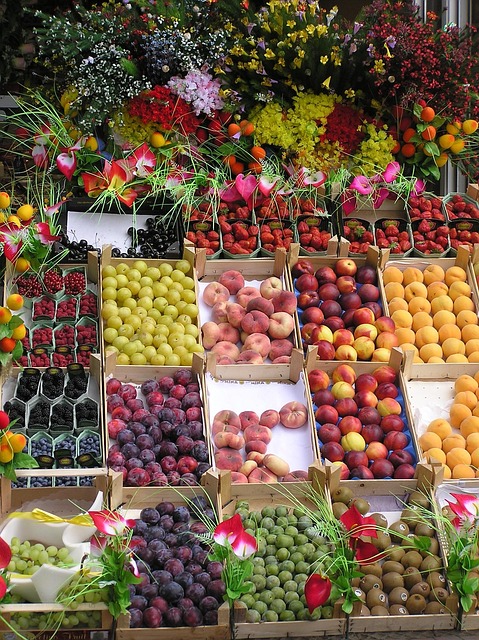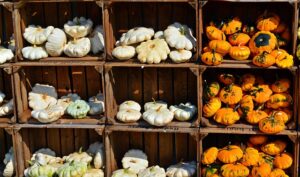Leaf collection and responsible yard waste management are key to a healthy environment and sustainable community. By removing fallen leaves, homeowners prevent gutter clogs, promote grass growth, and avoid pest attraction. Collected leaves can be composted or used as mulch, enhancing soil fertility and suppressing weeds. This eco-friendly practice reduces organic waste sent to landfills and conserves natural resources, aligning with digital era environmental consciousness. Specialized equipment facilitates the processing of yard waste into mulch, which enriches landscapes and reduces the need for synthetic fertilizers. Effective mulching practices divert organic materials from landfills, minimizing methane emissions and fostering a circular economy.
Looking for an eco-friendly way to transform your yard? Leaf collection and mulching offer a sustainable solution for managing yard waste. This comprehensive guide explores the benefits of leaf collection, delves into the simple process of mulching, and highlights its positive environmental impact. Discover how recycling opportunities can reduce waste and nurture a healthier landscape. Learn how these practices contribute to a greener, more vibrant outdoor space.
- Understanding Leaf Collection and Its Benefits
- The Process of Mulching Yard Waste
- Environmental Impact and Recycling Opportunities
Understanding Leaf Collection and Its Benefits

Understanding Leaf Collection and Its Benefits
Leaf collection is an essential practice for maintaining a healthy and vibrant yard. It involves the systematic removal and recycling of fallen leaves, which can accumulate quickly during the autumn season. This process not only keeps your property clean but also offers numerous environmental benefits. By collecting leaves, you prevent them from clogging gutters, blocking sunlight from reaching grass and plants, and creating unsightly piles that can attract pests.
Moreover, leaf collection facilitates yard waste removal and recycling. Collected leaves can be transformed into nutrient-rich compost or used as mulch to enhance soil fertility, suppress weeds, and conserve moisture in garden beds. This sustainable approach reduces the amount of organic material ending up in landfills, contributing to a greener environment. In today’s digital era, where environmental consciousness is paramount, understanding and adopting efficient leaf collection practices can make a significant difference for both your yard and the planet.
The Process of Mulching Yard Waste

The process of mulching yard waste involves several steps aimed at both recycling and removing unwanted materials from your yard. It starts with gathering fallen leaves, grass clippings, and other organic debris, which can then be composted or chipped into smaller pieces. This not only reduces the volume of waste but also creates a nutrient-rich substance that benefits the soil and plants.
Once collected, yard waste is typically processed using specialized equipment. Leaf blowers or rakes can help gather material efficiently, while chippers or shredders reduce their size, making them easier to handle and store. The resulting mulch can be used directly in gardens, around trees, or as a top dressing for lawns, providing essential nutrients and moisture retention, thereby enhancing overall landscape health and reducing the need for synthetic fertilizers.
Environmental Impact and Recycling Opportunities

The environmental impact of yard waste removal is a significant consideration, but proper management offers valuable recycling opportunities. When left to decompose in landfills, organic materials like leaves and grass clippings release methane, a potent greenhouse gas. However, implementing effective mulching practices can divert these resources from landfills, reducing the carbon footprint associated with yard waste.
Mulching not only benefits the environment but also enriches soil health and promotes sustainable landscaping. By recycling leaf collection, we can create nutrient-rich compost that enhances soil structure, improves water retention, and reduces the need for synthetic fertilizers. This holistic approach to yard waste removal contributes to a circular economy, where natural resources are preserved and reused, fostering a more sustainable and environmentally friendly community.
Leaf collection and mulching are sustainable practices that not only enhance yard aesthetics but also contribute to environmental health. By understanding the benefits of leaf collection and mastering the art of mulching, homeowners can efficiently manage yard waste, reduce landfill strain, and promote a greener, more recyclable landscape. Implementing these simple yet powerful strategies is a step towards a cleaner, more eco-friendly future, ensuring your outdoor space is both beautiful and beneficial to the environment. This holistic approach to yard waste removal and recycling ensures that natural resources are preserved while fostering a healthier, more vibrant community.






